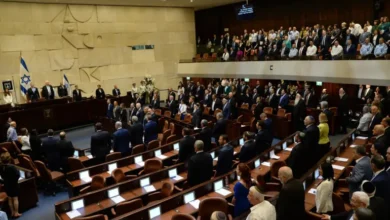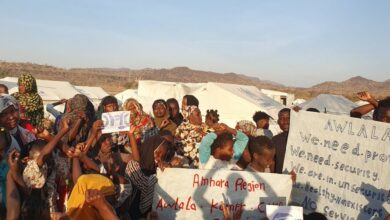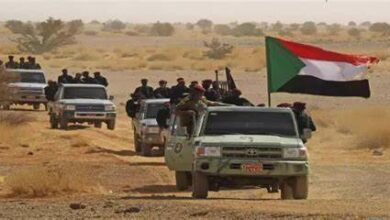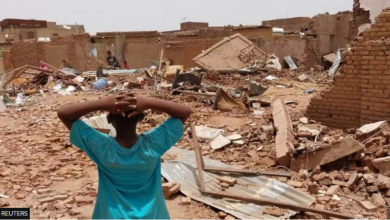The Egyptian authorities extend the period of residence permit for Sudanese to adjust their status for another 6 months

The decision of the Egyptian authorities to extend the period of permitting the residence of the Sudanese to regularize their status for a new 6 months has renewed questions about the reasons and repercussions of the decision on the conditions of the Sudanese community, and whether Egypt has become a stable for them and not a station for migration to the north, and what are the obstacles to the first period, which lasted 6 months, which began last April.
Egypt agreed to extend the deadline given to the Sudanese to legalize their status for a new period of 6 months, starting from the second of October, and until the end of next March, in a decision that is seen as one of the outcomes of the meeting between Egyptian President Abdel Fattah El-Sisi and the Chairman of the Transitional Sovereign Council in Sudan, Lieutenant-General, Abdel Fattah Al-Burhan in Cairo a few days ago.
The freedom to reside without restrictions is one of the aspects of the “Four Freedoms” agreement signed between the two countries in 2004, along with the freedom of mutual movement without a visa, the freedom to work, and the freedom to own land and real estate the two countries.
While there is no official census of the number of the Sudanese community in Egypt, observers said in statements that the number doubled in recent months due to the unstable security, political and economic conditions in Sudan. As for the number of Sudanese refugees in Egypt, it is estimated by the United Nations High Commissioner for Refugees, which records and documents cases of asylum seekers and refugees on behalf of the Egyptian government, at about 58 thousand, according to a statistic issued last August, as the second largest number of foreign refugees in Egypt after the Syrians.
According to the UN source, Egypt hosts about 289,000 refugees and asylum seekers from 65 countries, about 37% of whom are children, mostly residing in urban areas in Cairo and the northern coast.
According to Egyptian law, every foreigner – including refugees and asylum seekers residing in Egypt – is obliged to obtain a valid residence permit, without which it would be in violation of the country’s residency rules.
Looking at the registered Sudanese refugees, they receive basic health and education services, but a percentage of them report that they are sometimes discriminated against, at a time when they are seen as a burden on a country with a high unemployment rate (more than 7% of the estimated population of 103 million). people high rates of poverty (4.5% according to government estimates) and a decline in the value of the local currency.
A significant proportion of the Sudanese expatriates to Egypt, due to its geographical location and ease of movement and movement, consider it a place of refuge to the north, and Cairo is a destination for those looking for treatment or job opportunities, compared to double numbers who fled to Egypt following the civil wars and the unstable security and political conditions there.
However, the relative closure of refugees in recent years due to the Corona pandemic, or the current international crises such as the Ukrainian war and economic recession, and the security grip on Egypt’s coasts and borders, have closed the doors of regular and irregular migration for Africans in general.





